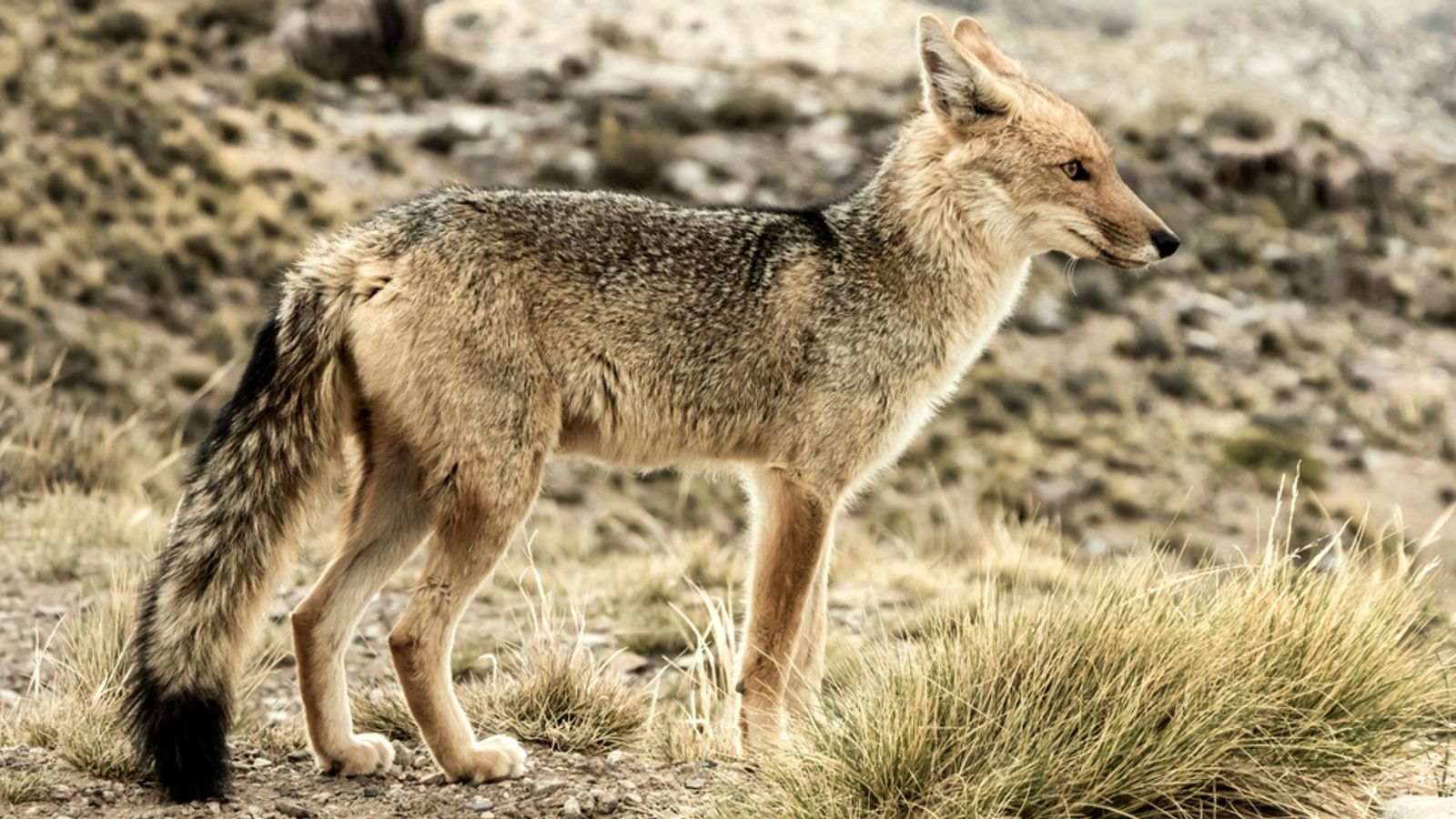Dogs are man’s best friend nowadays but humans once kept an unexpected pet, new research suggests.
In what has been labelled a “rare and unusual find,” scientists have discovered the bones of an extinct fox and found evidence that the animal shared “a strong bond” with humans.
Analysis of 1,500-year-old skeletal remains from a burial site in Argentinian Patagonia suggest the Dusicyon avus, or the Falkland Islands wolf, was “a valuable companion to the hunter-gatherer groups”.
The bones are from a single animal while the human remains buried with it come from 21 individuals.
A lack of cut marks on the bones suggest the animal was a pet rather than a species hunted for food, scientists said.
More from Sky News:
This island is giving away its goats
Missing dog turns up 2,00 miles from home
The findings have been published in the Royal Society Open Science journal.
Hunt for cat killer after family pet shot in Bridge of Allan attack
‘My heart is broken’: Ex-paratrooper Chris Lewis pays tribute to dog who joined 17,000-mile trek around UK’s coastline
US company hoping to bring back the dodo and the mammoth – but here’s why it won’t be like Jurassic Park
Study author Dr Ophelie Lebrasseur, from the University of Oxford, added: “Its diet resembled that of the humans buried on the site rather than the diet of wild canids, including your typical Dusicyon avus.
“Such a similarity in diets suggests it was either fed by the hunter-gatherers or it fed on the kitchen refuse.”
The fact the fox was buried alongside humans suggests this particular animal “held personal significance,” she added.
The fox would have been about the size of a German Shepherd, weighing around 10 to 15kg, and lived in open grassy areas in large parts of South America.
Records suggest D. avus became extinct around 500 years ago but the reasons for its disappearance are unclear, the team said.
Keep up with all the latest news from the UK and around the world by following Sky News
The arrival of dogs in Patagonia, somewhere between 700 and 900 years ago, may be a contributing factor.
Whether the foxes would have been good pets is also still unclear.
Dr Lebrasseur said: “Some individuals may have been less scared of humans, which may have facilitated the development of a closer bond, but we cannot currently confirm this.”






